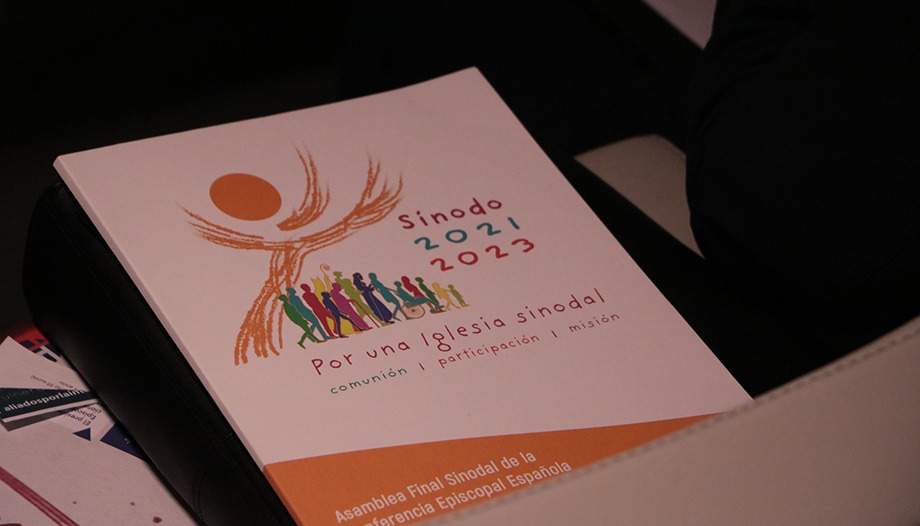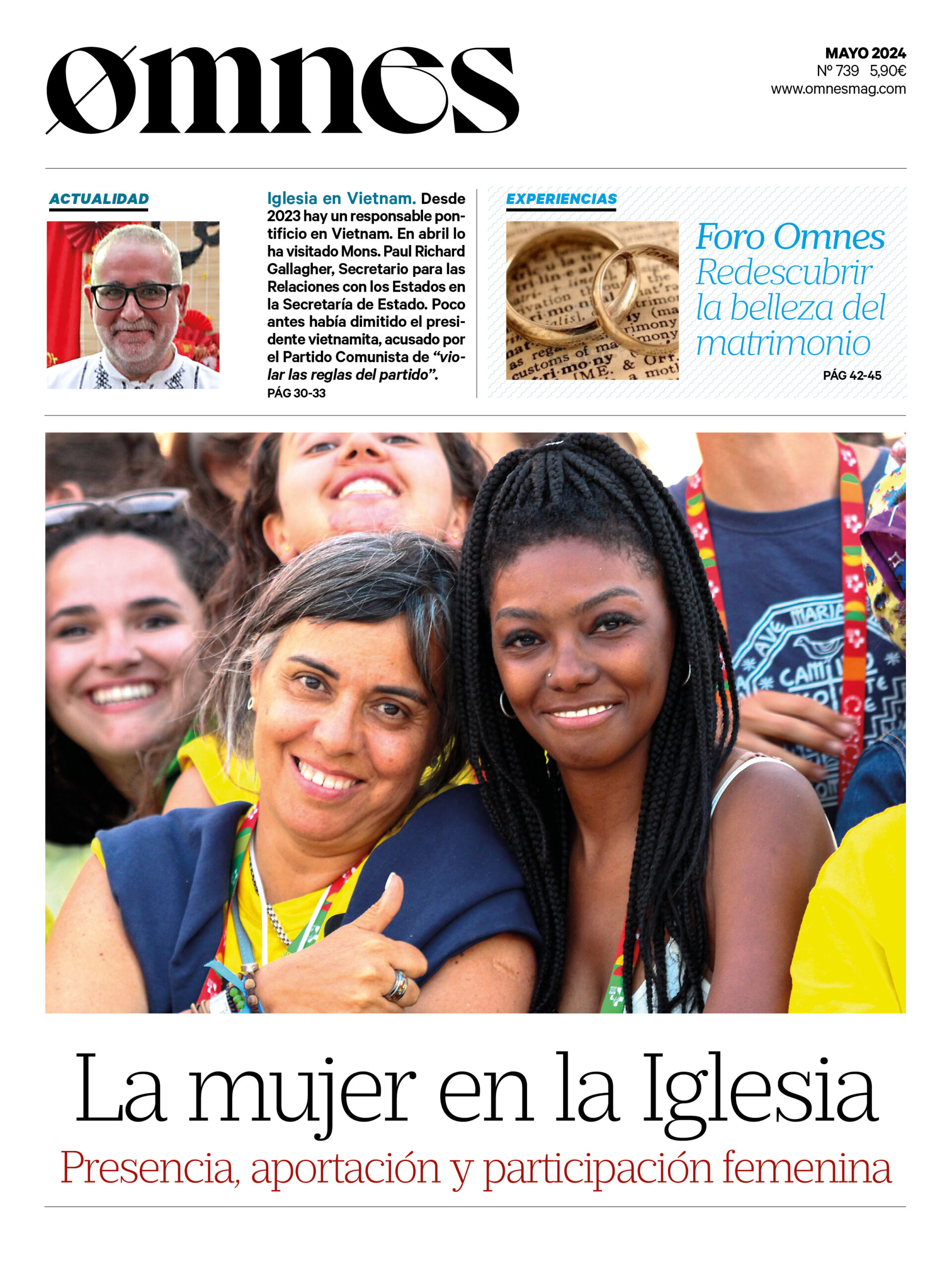We are preparing for the celebration of the Synod between October 4-29 and October 2024.
It will be a special Synod, since it will deal with the synodal character of the Church and has been prepared by a consultation at the level of the universal Church.
There are a wide variety of issues to be addressed; some voices have called for changes in sexual morality or to review the norms on celibacy of priests in the Latin Church.
All this creates expectation in many of the faithful, but also perplexity, fear, doubt... The whole dynamic of preparation for the Synod responds to the conviction that the Holy Spirit distributes his gifts among all the faithful and, therefore, it is necessary to listen and dialogue among all, with the confidence that even the smallest has something important to say.
In truth, all the faithful have a share in the understanding and transmission of revealed truth. The "sacred deposit" contained in the ecclesial Tradition and in Scripture was entrusted by the Apostles to the whole Church, to all the faithful without exception. It is "the deposit" of which St. Paul repeatedly speaks to his faithful disciple Timothy: "Timothy, keep the deposit! "(1Tm 6:20; cf. 2Tm 1:14).
This deposit, entrusted to all the faithful by the Apostles, must be preserved, practiced and proclaimed through the union of pastors and people, with the help of the Eucharist and common prayer. It seems that the intention is to have a Synod with the participation of all, even at the time of voting.
At this point, however, it should be borne in mind that the charism of authentic interpretation of the Word of God, transmitted by oral or written Tradition, has been entrusted by the Lord Jesus Christ only to the living Magisterium of the Church, which exercises it in his name, as the Second Vatican Council teaches in the Constitution Dei Verbum n. 10.
This living Magisterium has not been entrusted by the Lord neither to theologians, nor to charismatics, nor to the faithful in general, but only to the bishops in communion with the successor of Peter, the Bishop in the Roman See.
But neither the magisterium nor the people are above the Word of God, transmitted by oral or written Tradition, but are attentive to it. The whole Church is always attentive to that Word and the whole Church receives with docility the authentic interpretation that the Magisterium gives to it.
It is in this organic way that the totality of the faithful - pastors and faithful - cannot err in the faith (cf. LG, n. 12).
The forthcoming Synod has spread a climate of dialogue and listening among all the faithful. May this climate also be accompanied by a climate of docility on the part of all to the Holy Spirit, who has spoken in oral and written Tradition and whom the Magisterium interprets with the authority received from the Lord himself.












